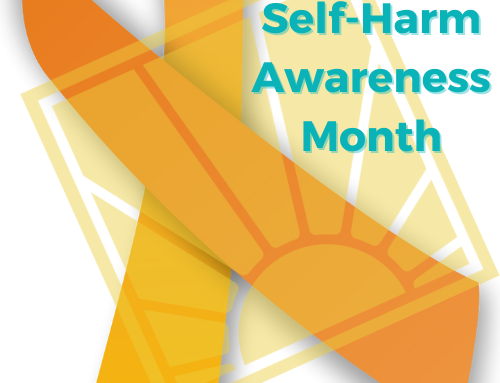This is part three of a four-part primer on eating disorders provided by eating-disorders specialist Isabelle Tierney, M.A., LMFT, BHSP. For more information about Isabelle Tierney’s programs and services visit www.bodybeloved.com. To schedule a consultation, seminar, or interview, call 303-817-6912.
Treatment possibilities vary widely, though the effectiveness of many approaches is not necessarily corroborated by science. Alternative approaches are being explored with anecdotal success, but clinical research has not kept up with these new (or in some cases traditional) approaches. Following is an overview of what research is able to tell us about effective treatments for those with eating disorders:
FAMILY THERAPY: Family therapy is the most successful type of treatment IF the child is under 18 AND lives at home
COGNITIVE BEHAVIORAL THERAPY: Cognitive-behavioral therapy has been studied extensively and offers strong positive initial outcomes but does not necessarily have promising long-term outcomes
DBT: Dialectical Behavior Therapy is increasingly used in hospitals and clinics with some success
INTENSIVE SUPPORT: The more support the client receives, the better her potential for recovery: a combination of individual, group, and family therapy is ideal (e.g. that provided by a residential treatment program)
ADJUNCT THERAPIES: Other therapies are proving successful as adjunct treatments for eating disorders, including art therapy, equine therapy, energy healing, and massage therapy, to name a few
PHARMACEUTICAL TREATMENT: Pharmaceutical treatments can be effective for some but not all; SSRIs (anti-depressants) work especially well with bulimics
GENETICS: Money is being poured into research to explore the idea that a person’s risk for developing eating disorders is genetic; the latest such study showed that more than half (56%) of a person’s risk for developing anorexia is determined by genes, with environmental factors determining the rest
There are thousands of ways to combine therapeutic modalities to create an individualized treatment strategy for those suffering from anorexia, bulimia, and EDNOS (eating disorders not otherwise specified), but the length of this article does not allow me to elaborate on these.
For more information on promising treatment approaches, please go to www.nationaleatingdisorders.org, or consult with an eating disorders specialist.

